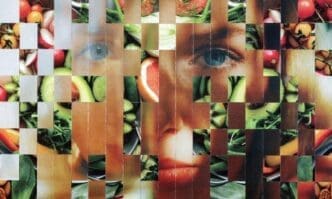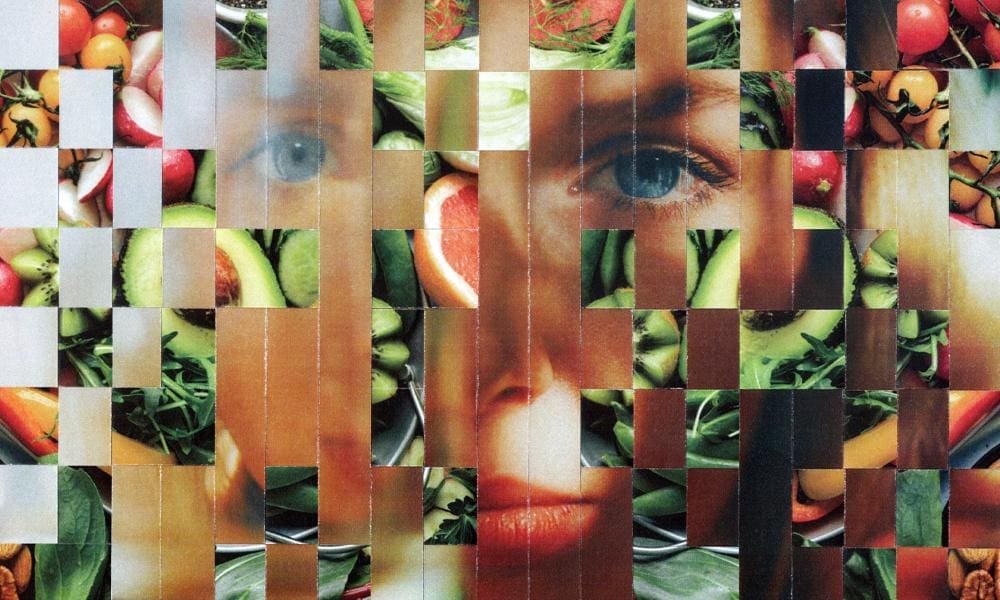The slippery path to the illusion of the perfect diet can seem innocuously enlightening, until it doesn’t. As Cécile Simmons discovered in her attempt to naturally heal a persistent eczema condition post-childbirth, the deceptive allurement of ‘clean-eating’ on Instagram and TikTok is more mirage than magic bullet to health and wellness.
After the birth of her son in 2022, Simmons found herself in a nerve-wracking situation with a suspicious lump in her breast—thankfully benign. The ordeal, however, left her grappling with anxiety and exacerbated her eczema, driving her to the ‘wellness’ rabbit hole online, a place where the lines between healthy living and obsession blur significantly.
Simmons, whose job involves researching misinformation, ironically succumbed to the enticing yet distorted notion that ‘food is medicine’, a popular mantra in online health circles. Her journey, intended as a mere experiment with food restrictions to improve health, spiraled out of control, echoing her teenage struggles with anorexia.
Amidst restrictive diets and renunciation of many foods, Simmons realized she was deceiving herself about her relationship with food. The obsession with the ‘right’ foods overshadowed her social life, as she shunned invitations to maintain diet control.
The flood of misinformation on social media is staggering. A revealing survey from MyFitnessPal indicated that a vast majority of younger demographics gather health tips from these platforms, despite the glaringly low percentage of these tips aligning with established public health guidelines.
On platforms like TikTok, misinformation thrives. Influencers, often lacking proper nutrition qualifications, offer alluring diets and miracle fixes. They shift blame to misunderstood conditions like ‘leaky gut’ and push unnecessary eliminations of foods like gluten and kale while selling supplements. The pandemic magnified these unsubstantiated claims as influencers, once sidelined by lockdowns, sought new incomes with nutritional misinformation.
Co-author of ‘Conspirituality’, Derek Beres, recognizes the pandemic as a pivotal period where nutritional misinformation exploded. He explains how social media influencers, claiming expertise, exploited growing distrust towards medical institutions, promoting a misplaced sense of control among their followers.
Misleading information saturation forces individuals to become impromptu fact-checkers. While healthcare professionals should be the primary source of health advice, social media users are advised to follow registered dieticians for credible content. Australian dietitian Danielle Shine warns against influencers who use simplistic, fear-mongering language and lack robust scientific backing.
Simmons eventually dismantled the food myths that trapped her. She cleared her social media of counterproductive influencers, reviving her appreciation for food by cooking from scratch without restrictive rules, albeit with a nod to her Polish culinary heritage.
To combat misinformation, Simmons adopted ‘lateral reading’, scrutinizing the sources of information online. This method, proposed by misinformation expert Mike Caulfield, involves assessing the credibility of content before engaging with it, a strategy she’s found helpful in reclaiming her nutritional narrative.
Through her experience, Simmons reminds us that rediscovering the joy of food and maintaining a balanced approach to nutrition is far more enriching than chasing every new diet trend. The power to navigate this complex, information-saturated landscape lies not within the confines of influencer-driven dogmas, but in understanding and embracing the wholesome connection between food, culture, and wellbeing.
Source: Yahoo







